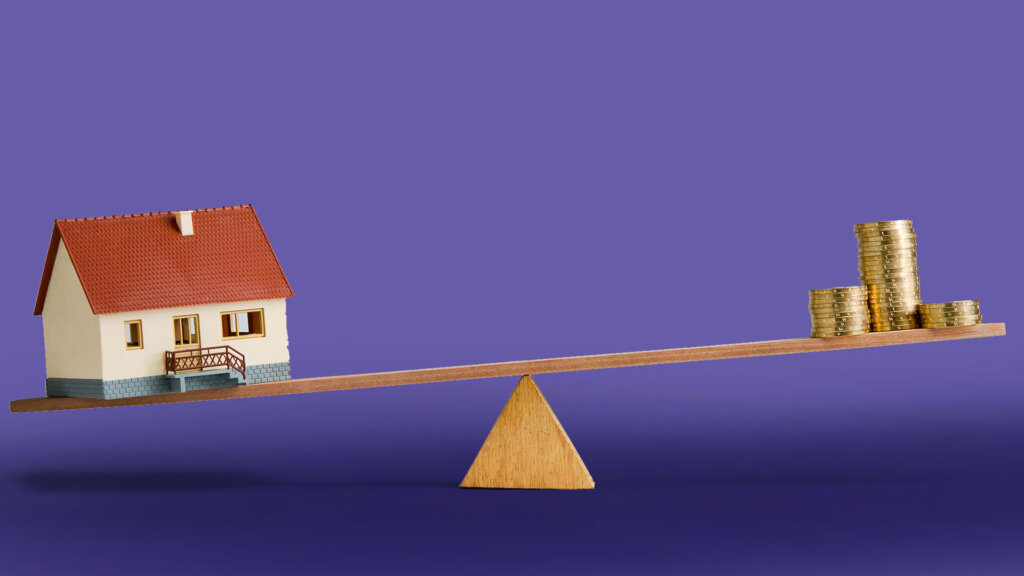
Owning a home is one of the biggest investments you can make in your lifetime. However, owning the wrong home in Massachusetts can lead to significant damage to your credit. This is especially true if you are struggling to pay your mortgage or if you have purchased a home that is too expensive for your budget. In this blog post, we will discuss five ways owning the wrong home in Massachusetts can damage your credit.
1. Late Mortgage Payments
One of the most significant ways owning the wrong home in Massachusetts can damage your credit is through late mortgage payments. If you are unable to make the mortgage payments on time, each late payment can add up quickly and can have a serious impact on your credit score. Late payments will stay on your credit report for up to seven years, and they can have an even greater impact if you have more than one late payment. Once your credit score is damaged, it can take a significant amount of time and effort to rebuild it.
2. Foreclosure
In addition to late payments, owning the wrong home in Massachusetts can also have an impact on other aspects of your financial life. If you are unable to make your mortgage payments, you may be at risk of foreclosure. Foreclosure is the legal process that allows the lender to take possession of your home and property due to an inability to make payments. It is an incredibly difficult process to go through and can have a devastating impact on your financial life.
Foreclosure not only significantly damages your credit score, but can stay on your credit report for up to seven years. It also has a negative effect on your ability to secure future loans and get favorable interest rates.
3. Short Sale
If you are underwater on your mortgage (meaning you owe more on your home than it is worth) and are unable to make your mortgage payments, you may need to consider a short sale. A short sale occurs when you sell your home for less than what you owe on your mortgage. While this may seem like a better option than a foreclosure, it is important to realize that a short sale still has a negative impact on your credit score.
In addition to the credit score drop, a short sale can make it difficult for you to secure credit in the future. Lenders may be hesitant to work with you due to the fact that you have previously sold a home for less than what you owe. Therefore, it is important to carefully consider all of your options before deciding to pursue a short sale.
4. High Mortgage Payments
Buying a home is often a dream come true for many people. But if that home is too expensive for your budget, it can quickly become a nightmare. When you purchase a home that is beyond your means, you may find yourself struggling to make your mortgage payments each month. This can result in missed payments, late payments, and even foreclosure or short sale.
In addition to the risk of foreclosure, buying a home that is too expensive can have long-term financial consequences. When you are using a significant portion of your income to pay your mortgage, you may not have enough money left over to pay your other bills. This can lead to missed payments on credit cards, car loans, and other financial obligations, which can further damage your credit score.
5. High Debt-to-Income Ratio
Your debt-to-income ratio (DTI) is an important financial metric that you should understand and monitor. It measures the amount of debt you have relative to your income and provides insight into your financial health. Your DTI is calculated by dividing your total monthly debt payments by your gross monthly income.
If you are using a significant portion of your income to pay your mortgage, you may have a high debt-to-income ratio. This can be troublesome as it can make it difficult for you to secure credit in the future. Lenders may view you as a high-risk borrower and may be less likely to approve your applications for credit cards, car loans, and other financial products.
Owning the wrong home in Massachusetts can lead to significant damage to your credit. Late mortgage payments, foreclosure, short sale, high mortgage payments, and high debt-to-income ratio can all damage your credit score and make it difficult for you to secure credit in the future. If you are struggling to make your mortgage payments or are considering purchasing a home, it is important to carefully consider your budget and ensure that you can afford the home you are purchasing. By doing so, you can avoid the pitfalls of owning the wrong home in Massachusetts and protect your credit score for the future. Would a fast sale of your Massachusetts home help you to resolve the issue? Our team can help! Reach out to Deal Edge Properties today to learn more! (978) 274-0555

